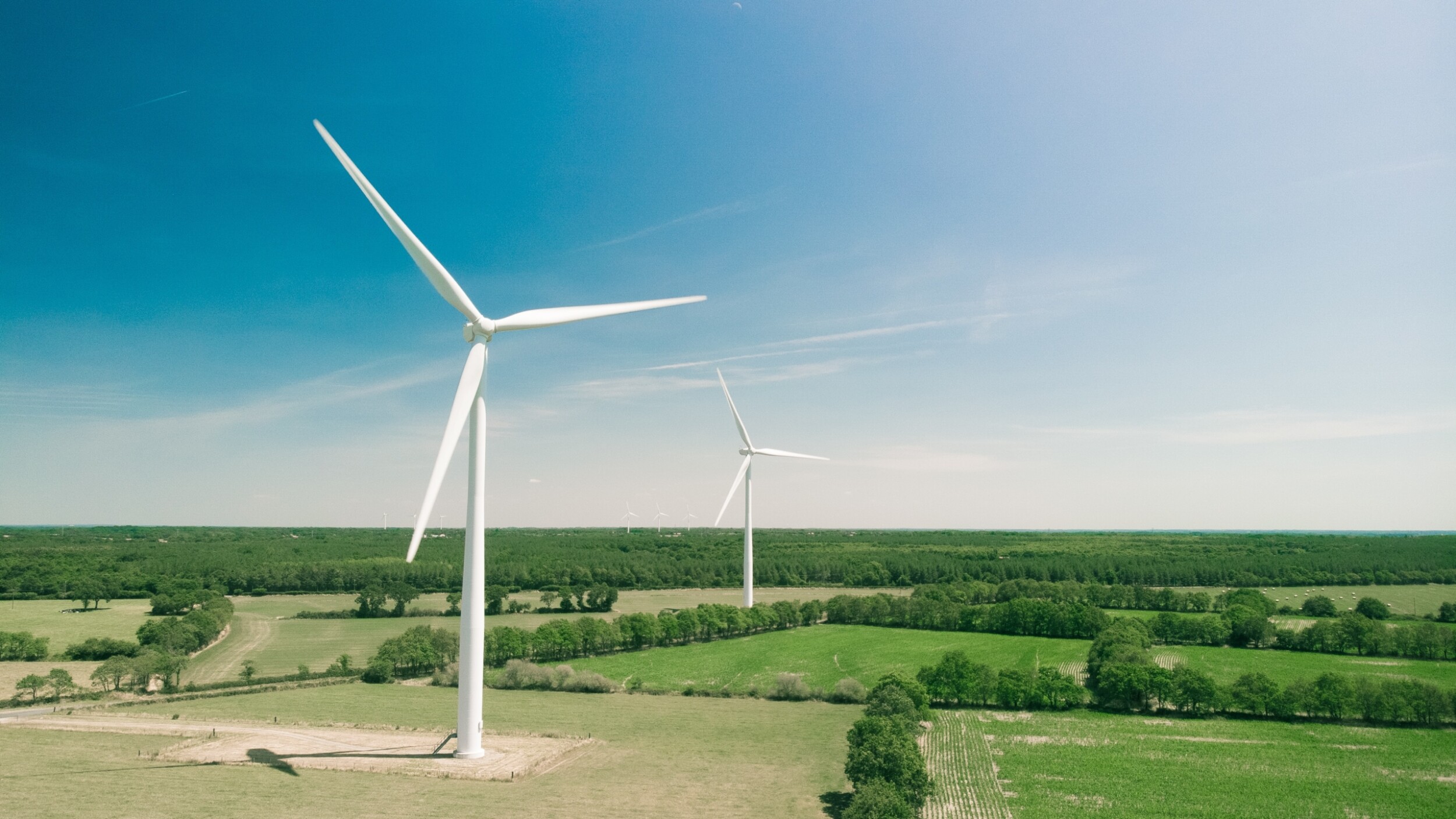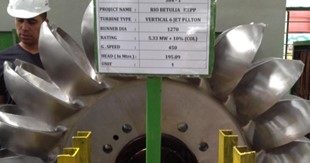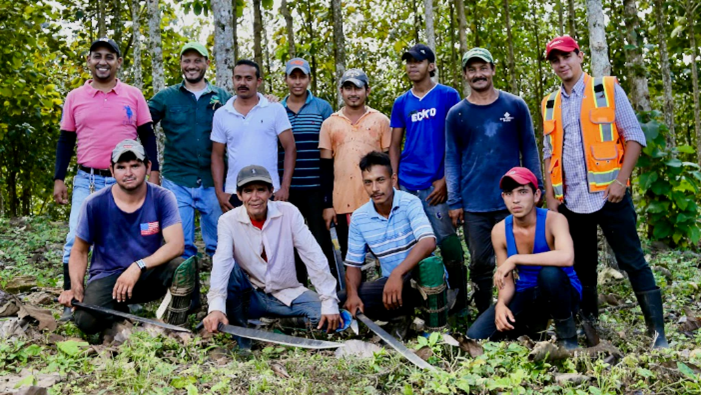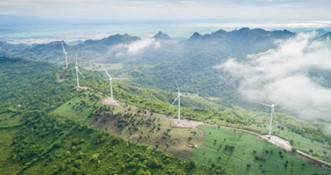Carbon neutral for our lifetime

Acclaro Advisory has offset all its historic emissions to become carbon neutral for the entire period since it was established in 2012. This is part of a strategy to ensure that our efforts to help our clients reduce their own carbon emissions directly contribute to the achievement of their Scope 3 targets. We recognize that carbon offsetting can be controversial and undertook a thorough selection process, choosing projects certified by Gold Standard, one of the most highly regarded offset standards. This ensures that they have a genuine climate impact by meeting the following criteria:
- Real – emissions reductions are measurable and permanent.
- Additional – the emissions reductions would not have happened without the project.
- Independently Verified – activities and impact data verified by independent third parties.
- Unique – carbon credits are not counted or claimed by any other party.
- Traceable – all certified impacts are tracked transparently in a public registry.
In addition, Gold Standard offsets must meet a minimum of 3 UN Sustainable Development Goals, which in turn are subject to robust methodology requirements:
- Safeguards – all projects must meet rigorous safeguarding principles.
- Gender sensitivity – projects must follow gender-sensitive design principles.
- Stakeholder inclusivity – projects must include local stakeholder consultations and grievance mechanisms.
- Project eligibility – higher-risk projects like fossil fuel switch or large hydropower plants are excluded.
To maintain their status as producing Gold Standard carbon offsets, projects undergo rigorous certification by both the Gold Standard and independent third parties, and submit annual update reports. Their unique focus on supporting sustainable development alongside climate action has enabled Gold Standard-certified projects to create over $28 Billion in shared value.
Acclaro invests equally in three Gold Standard projects:
Betulia Hydroelectric Project in Honduras
A small run-of-river hydroelectric generating power plant is providing renewable energy to a region where lack of access to electrical energy is a major issue. Impacts include:
- 8MW of installed capacity generating up to 23,000 MWh of green energy annually
- Creating of 12 local jobs, including 8 for local people
- Community supported reforestation programme has planted 6,000 mahogany trees with 5,000 more in nurseries
- So far 25,568 tCO2e emission reduction has been achieved

Nicaforest Reforestation
The Nicaforest Program has 490 hectares of land under management in a Shared Benefit Scheme which allows local landowners to enter the international timber market, creating an additional long-term source of income and increasing community resilience. Impacts include:
- Creation of 30 good quality jobs, with contract salaries, social security and gender pay parity
- Planting approximately 360,000 trees on deforested land for future Forestry Stewardship Council (FSC) certified timber production
- As of the end of 2018, this program had sequestered 45.624 tCO2e and anticipated 32.460 tCO2e for the future

Sidrap Wind Farm Project
Located in South Sulawesi, the Sidrap Wind Farm project is Indonesia’s first utility scale wind farm, helping to reduce Indonesia’s dependence on fossil fuels for power generation, providing low-carbon electricity and reducing air pollution. Impacts include:
- 30 wind turbines with a total installed capacity of 75 MW
- Since March 2018 the project has produced 253,000 MWh of renewable energy per year – enough to power over 70,000 local homes
- Creating 35 new jobs for local people, paying equal pay for work of equal value
